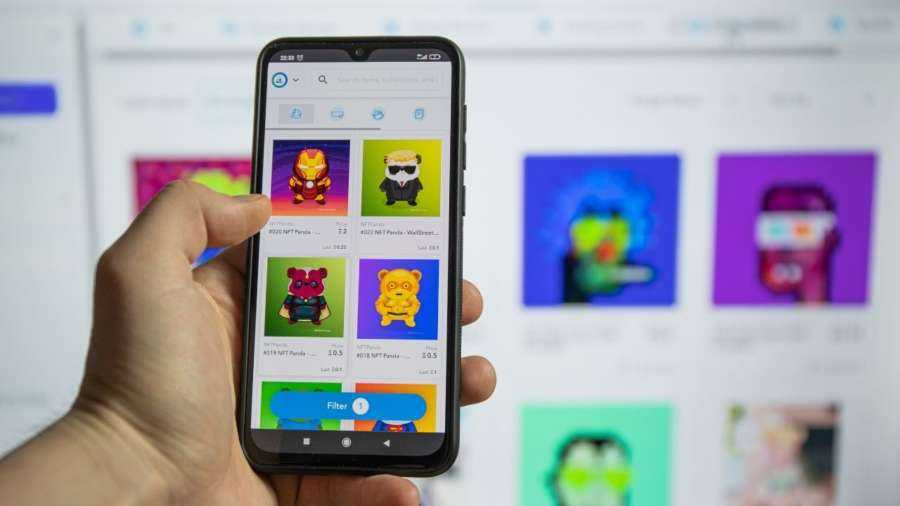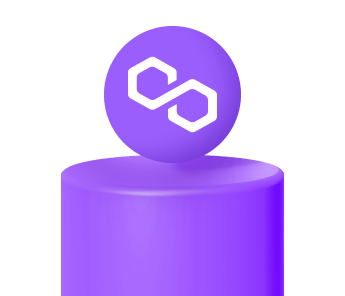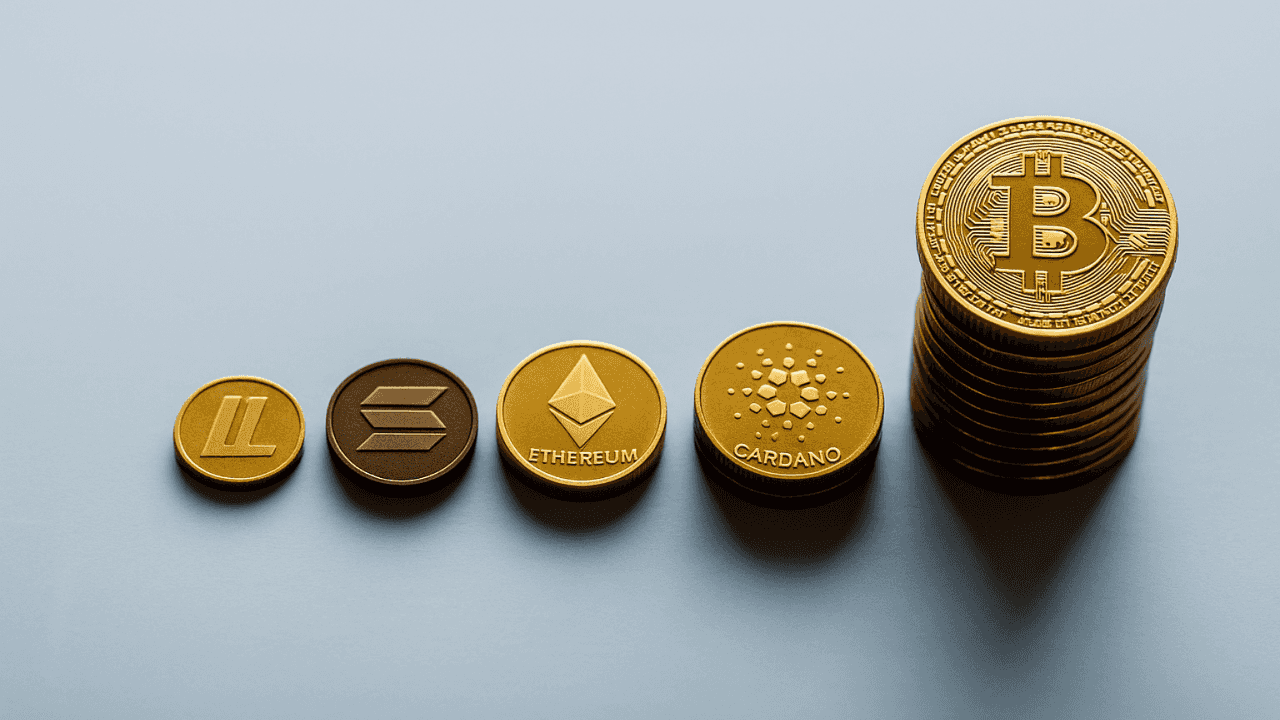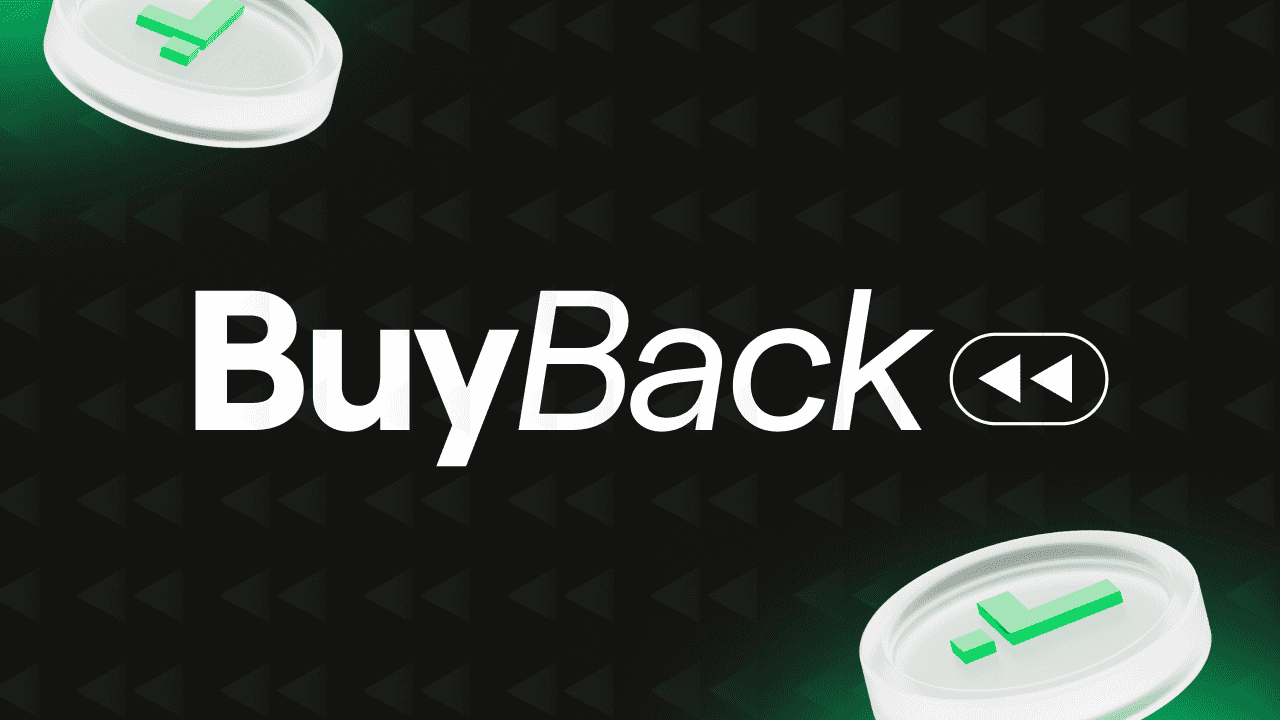
Do you want to create an NFT project but don’t know where to start? OpenSea is a really simple tool to create and sell NFTs for free in 10 minutes
If there is one thing the NFT market of the past year has taught us, it is that anything can be sold on the blockchain. Or rather, any work that is completely original. You have probably heard of NFTs being sold at stratospheric prices on OpenSea or other marketplaces and wondered if creating and selling NFTs is within your reach. The answer is yes! If you have a unique idea and would like to turn it into a non-fungible token, you will find everything you need to get started in this guide. Wanting to monetise your creations is legitimate, but creating an NFT is not enough to start earning money. Making your way in this field requires commitment and hard work, such as building a community.
Generally minting an NFT, i.e. registering a piece of work on blockchain, requires a cost to pay in fees. However, there are platforms on which you can create and view NFTs for free in as little as 10 minutes. This is the case with OpenSea, the most popular NFT marketplace! OpenSea offers easy and intuitive tools to make your NFT project come true, and is often chosen by beginners because it is a giant showcase due to its large audience. The process for creating and selling NFT differs between platforms, although they share some steps. In the following 5 steps you will discover how to use OpenSea, the industry standard.
Ready? Let’s get started!
1. Create your crypto wallet
If you don’t already have one, now is the time to create a decentralised crypto wallet. Your wallet allows you to connect to the blockchain network and keep the key to your cryptocurrencies safe. One of the most popular wallets is MetaMask, also available as a Chrome extension or Firefox add-on. Metamask is one of the wallets recommended by OpenSea for creating and selling NFTs on Ethereum. If you intend to use the Solana network instead, OpenSea recommends the Phantom wallet. In the next section we will elaborate on the choice of which blockchain to use.
At this point, you may also want to buy cryptocurrencies. NFTs are usually minted using the Ethereum blockchain network, so having Ether is ideal to pay the fees to create your NFT. In some cases it is possible to create NFTs for free on OpenSea, i.e. without paying these fees.
Once you have created your crypto wallet, associate it with OpenSea and create your account.
2. Choose the blockchain on which to create your NFT
In contrast to NFT platforms such as SuperRare where NFT projects must be approved by the team, OpenSea is open to all. OpenSea is currently compatible with the Ethereum, Solana, Polygon, Klaytn, Arbitrum and Optimism blockchains. Each of these blockchains has its own characteristics and different gas fees associated with transactions on their networks. To choose a blockchain for minting, take these costs into consideration. However, OpenSea is a great way to start your venture into the world of non-fungible tokens because, thanks to the ‘lazy minting’ mechanism, you can create NFTs for free, i.e. without paying fees if you choose Ethereum or Polygon. When you decide to use this option, your NFT is put up for sale but is also not yet registered on the blockchain. The latter step will only be taken when the work is actually purchased. In this manner, the payment of fees falls on the buyer.
3. Upload your NFT artwork
Of course, you will need your own creation to put on sale. NFTs can be associated with anything: a drawing, an MP3, or a three-dimensional image. Be creative! Opensea supports various file types including JPG, PNG, GIF, MP4, OGG but the file size of a non-fungible token must not exceed 100 MB.
In the ‘My Collection’ section, accessible from your account, click on ‘Create’. Create your Collection, it will be the showcase for your artwork. From here you can start creating your NFTs by filling out the “Create New Item” screen, you will need to enter:
- the file of the piece;
- the name of the piece;
- a link to the website or social page of your collection (not mandatory);
- the description of your NFT;
- the collection in which your NFT will be contained.
Next, you can also add other characteristics such as the attributes for the NFT (such as the available traits if it is a PFP collection), or the number of copies available. In this step, you will also have to select the blockchain you chose to create and sell your NFT on OpenSea. At this point your non-fungible token is ready and you can share it on social media. This is a crucial step, we will see why in step 5.
You can also set a ‘creator fee’, i.e. a percentage you will receive for each sale of your NFT work. This is known as a ‘royalty’. The percentage can be as high as 10%.
4. Choose the price of your NFT
After you have minted your NFT, all that remains is to choose the price at which you want to sell it. Go to your item’s page and click on ‘Sell’. Here, you can select the price of the NFT, and how long to leave it available on the market. A 2.5% commission from OpenSea will be subtracted from the selling price.
5. Advertise your collection!
Now your NFT is available on OpenSea, but it is not enough to simply create an NFT in order to earn money. As in real life, competition between artists is particularly fierce. For this, you will need to advertise your work effectively.
As you continue to expand your collection, you will have an increasingly interesting portfolio to show. In addition, consider also using art or social platforms such as Reddit, Instagram and Twitter: the more people like your work, the more possible buyers will want your NFT!
Cultivating a community is crucial for creating a successful NFT project. So is offering works with exclusive advantages that can attract collectors. Some of these advantages could be the possibility of using NFTs in the Metaverse, participating in a DAO and deciding on key aspects of the collection, or associating physical goods with the purchase of NFTs.




